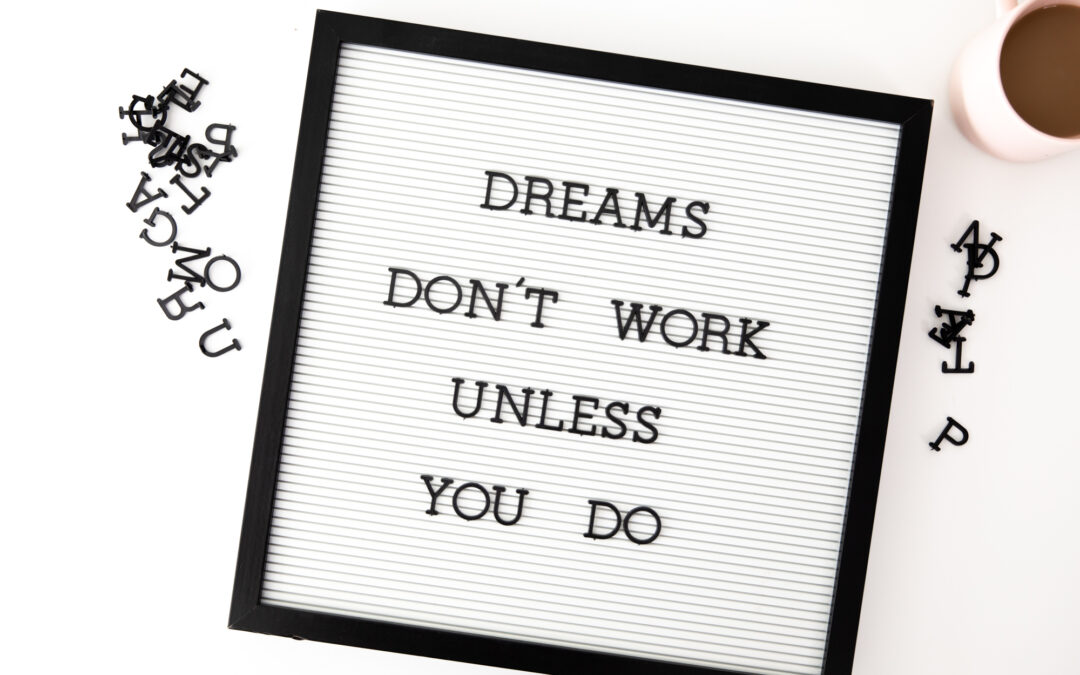So you decided to start therapy. If you’ve made it past the intimidating (sometimes overwhelming) task of researching various therapists in your area, scanning bios, discussing and planning out your budget, talking with insurance, and managing your schedule to make time for this type of commitment – congratulations!
You’ve made it past one of the hardest parts of beginning your therapy journey.
Unfortunately, the rugged road to starting therapy doesn’t end there. Honoring your commitment means facing what’s in the mirror, accepting all parts of what you see and deciding which parts you’d like to keep, and which parts could use some reconstruction.
To be honest, this may be the most difficult thing you’ll have to do in this whole process.
A therapy journey is made up of a lot of factors that you won’t be familiar with until you’re actually in the thick of it. Whether you are in the earlier mentioned stages or already making headway into your voyage of rediscovery and reimagining yourself, here are some things to consider:
Are you ready for therapy?
Client readiness is something that your provider will assess for within your sessions, but it is also something that you can be assessing for yourself even before you get into a therapeutic relationship.
You can assess your your readiness by asking yourself:
“Am I ready to open up?”
“Am I okay with someone else seeing and experiencing these intimate parts of myself that I don’t readily allow others to see?”
“Can I trust another person (moreover a stranger) with the handling of me and my stuff with care?”
“Am I truly ready for change?”
It’s important to ask yourself these questions and be honest and realistic with your answers.
Wanting the answers to these questions to be yes is different from the answers actually being yes. If the answers aren’t yes right now (which is totally normal hence the whole stranger thing), are you least capable of being somewhat open to the idea?
You don’t have to come to therapy being an open book, but you do have to come with some level of willingness to be vulnerable. Of course, there is a focus on building rapport to assist you with getting to a level where you feel comfortable being more open. Ultimately the more vulnerable you can be, the more you can get out of your therapeutic experience. Starting therapy means you’re looking for change and we all know change can be hard.
Change also requires that you do something outside of your comfort zone.
 How long does therapy take?
How long does therapy take?
A question clinicians get often is “How long will I be in therapy?” People often try to gauge the time it will take for them to heal. Which is understandable, however…
The answer to that is: there is no answer. Your length of time in treatment is entirely dependent on various factors such as frequency of appointments, the speed in which you are progressing towards meeting your therapeutic goals, the effort you put forth, and how you are doing with applying what you’re learning in your sessions into your life outside of session.
Therapy is a marathon, not a race.
As lovely as it would be to come in for a couple sessions and to be able to leave feeling all put together, it’s just not pragmatic.
Think of it this way – you are coming into a space with years worth of “stuff” you’re trying to heal from and unpack. How is it possible to work through years worth of experiences in just a few weeks? A few months? Just like with your readiness, it’s important to be realistic with your expectations. It’s extremely important to give yourself grace during this time. We may want to “hurry up and feel better” but the truth is healing is something we’ll all be doing for the rest of our lives. Not that you’ll be in therapy the rest of your life, maybe you will, maybe you won’t. But try to focus more on the fact that you’re on the road to being better versus how much road you may have left to cover.
How much does therapy cost?
Moving along to the financial aspect of therapy, because it is a major consideration.
Therapy is 100% an investment in yourself.
An investment in your mental well-being which is directly related to physical and maybe even your spiritual well-being. Just as you make it a priority to regularly go to the doctor’s or dentist for check-ups, committing to therapy is very much the same. That is why it is important to understand the gravity of just how much an investment into therapy can be.
As wonderful as it is to get settled into working with a clinician you really vibe with, there’s nothing worse than having to stop unexpectedly when you’re just getting into the “good stuff” due to financial reasons. Starting therapy may require you to sacrifice (within reason, of course) other aspects of your life. It may be helpful to make a list of your priorities to see where you have wiggle room and take a serious assessment of where your extra money goes.
As mentioned earlier, consistency is a big factor in seeing and experiencing real progress. As clinicians we are not ignorant to the fact that life happens and unexpected financial responsibilities may come up at any time. But we also understand the value that therapy can bring into your life.
This particular investment may require short term sacrifice in exchange for long-term, worthwhile benefits. Remember, the intention is that you graduate from therapy and go on to live your best life equipped with the tools to do so!
What are my expectations of therapy? 
We all go into different experiences with a set of expectations, therapy is no different.
So let’s talk about some of the expectations a lot of people come into therapy with:
- I will feel better about my self/life after each session – remember how I mentioned earlier that therapy will hold up a mirror to all parts of yourself? The parts you love, dislike, are ashamed of, feel guilty about, think are ugly, unloveable etc etc. While there will absolutely be insights you can rejoice about and moments of immense clarity, there will also be moments of hard ugly crying, discomfort, and uneasiness. The truth is, you may not feel better after each session. All is valid and normal. Healing isn’t linear by any means and just because you are going through some rough patches doesn’t mean you’re not healing. You grow through it by going through it.
- My therapist is perfect and won’t make mistakes – Due to being a full fledged human, your therapist will absolutely make mistakes and will not always get it right. If you’re in a healthy therapeutic relationship, they will also be able to course correct and apologize when needed. You would also feel comfortable conveying to your therapist when you’ve been hurt in order to have discourse about it. Most, if not all, things can be worked out between you and your therapist. But we also can’t fix what we don’t know is a problem. Be open to working through problems as they arise. This interpersonal skill will not only help to maintain a flourishing relationship with your therapist, but also translates well to personal relationships outside the therapy room (or off the screen in our case).
- I want to genuinely change but I can’t be totally honest in sessions – Clinicians do their best to create safe, nonjudgmental spaces so that clients can bring all of themselves with confidence. Even though this is the idea that’s consistently reiterated, we find that clients still tiptoe in sessions with half-truths in fear that they will in fact be judged, wanting to be seen a certain way, or telling us what we want to hear. While we understand that opening up is challenging, it can cost a lot. By not being truly authentic in sessions you do yourself a disservice. Being honest helps you learn how to speak and live within your truth. Think of the therapy space as an opportunity to practice being the real you. A therapist can help you explore and process concerns you may have regarding reactions to being your authentic self, while in turn you get to experience what it’s like to be accepted exactly as you are.
- My financial situation has changed so I have to give up therapy – Many clients’ first thought to a change in their finances is to stop coming to therapy altogether. What if you tried a different approach that allows you to keep up the awesome work while also being able to better manage financial strain? That approach would be to have an open conversation with your clinician about your finances. They may be able to help you brainstorm a budget, offer helpful resources and referrals, or even negotiate a temporary reduced rate. You know how the old saying goes – if you don’t ask, the answer is always no! You don’t have to figure things out all on your own.
Therapy is a journey. While we focus a lot on the destination, the fruits of your labor actually come from the process not just the outcome. In order to benefit from both, it is necessary to commit to the journey. As I mentioned before, therapy is a marathon. There’s a lot that goes into preparing for a marathon. In some ways, there is some pre-work that can be done to prepare for the best results in therapy. Self-reflection and managing your expectations can really support you in this. And the beauty of this is you can even explore this part with your therapist.
The Worth, Wisdom and Wellness Center provides Trauma & EMDR therapy, Therapy for Perfectionism and Low Self-esteem, Therapy for Anxiety and Depression, and Faith-Based Therapy to Black women and Women of Color. We want to support you on your journey and create a space for you to explore all the parts of yourself.

